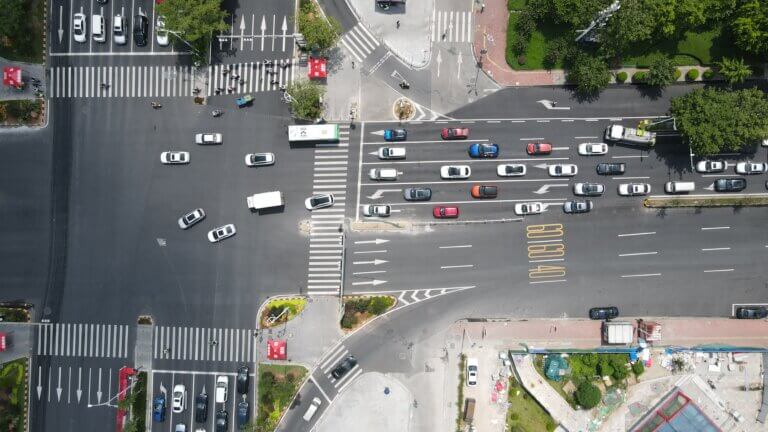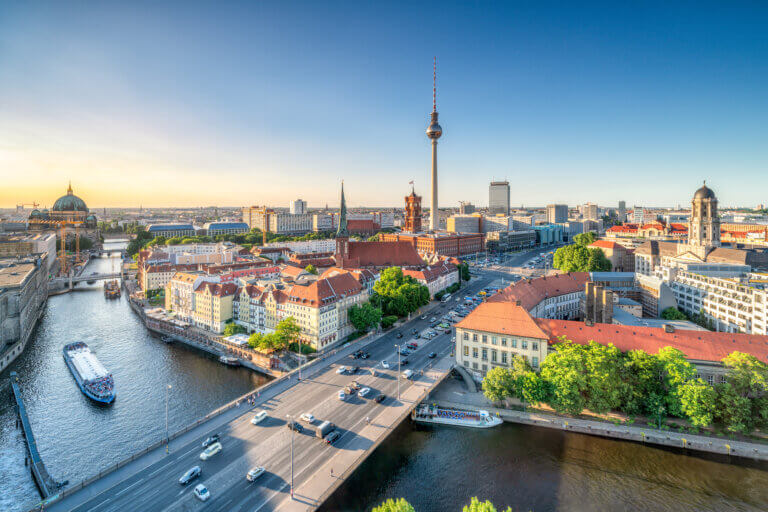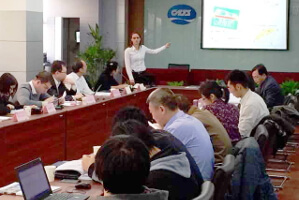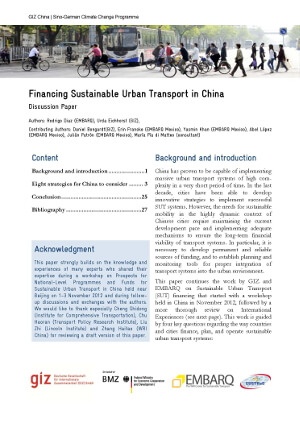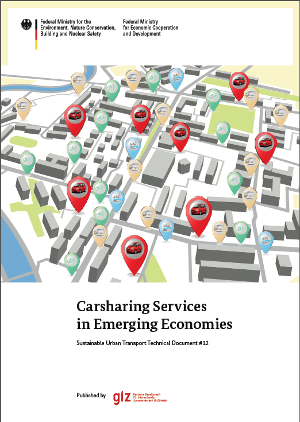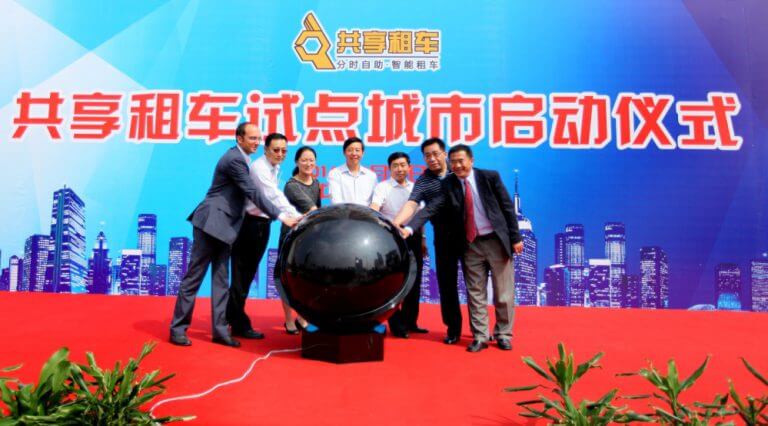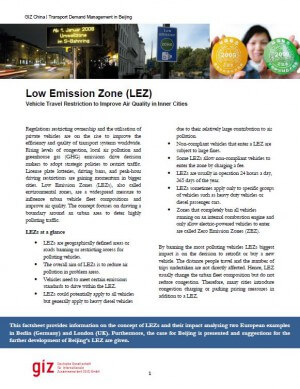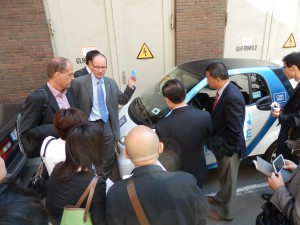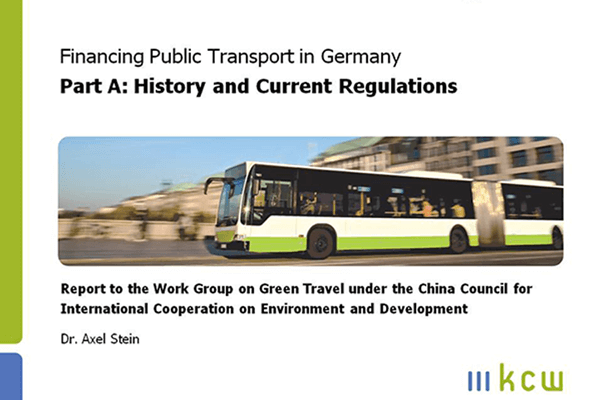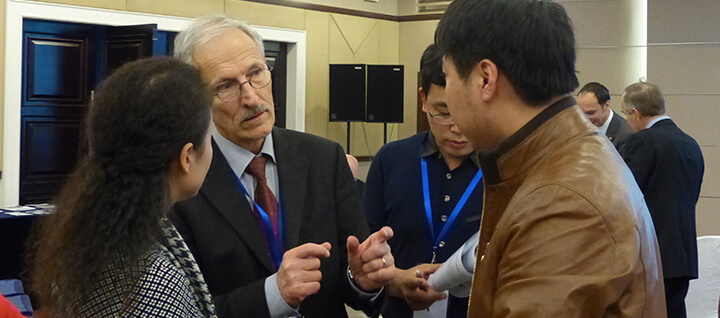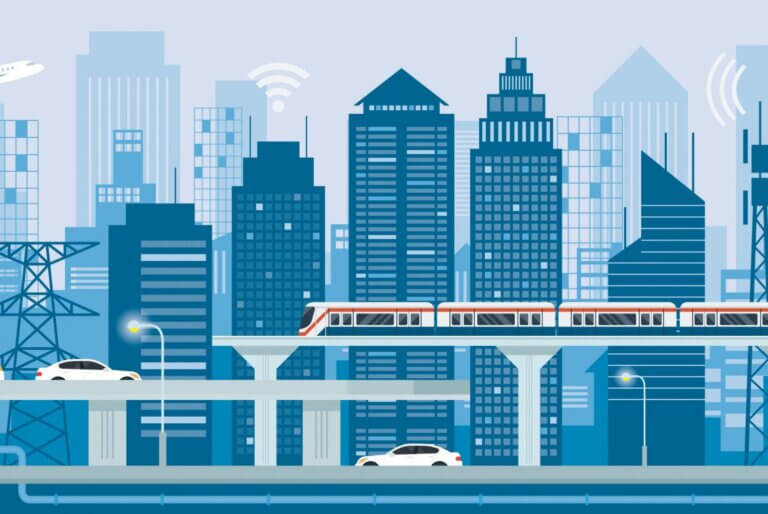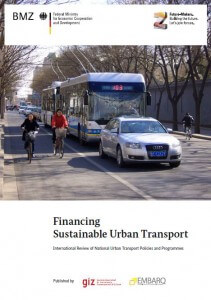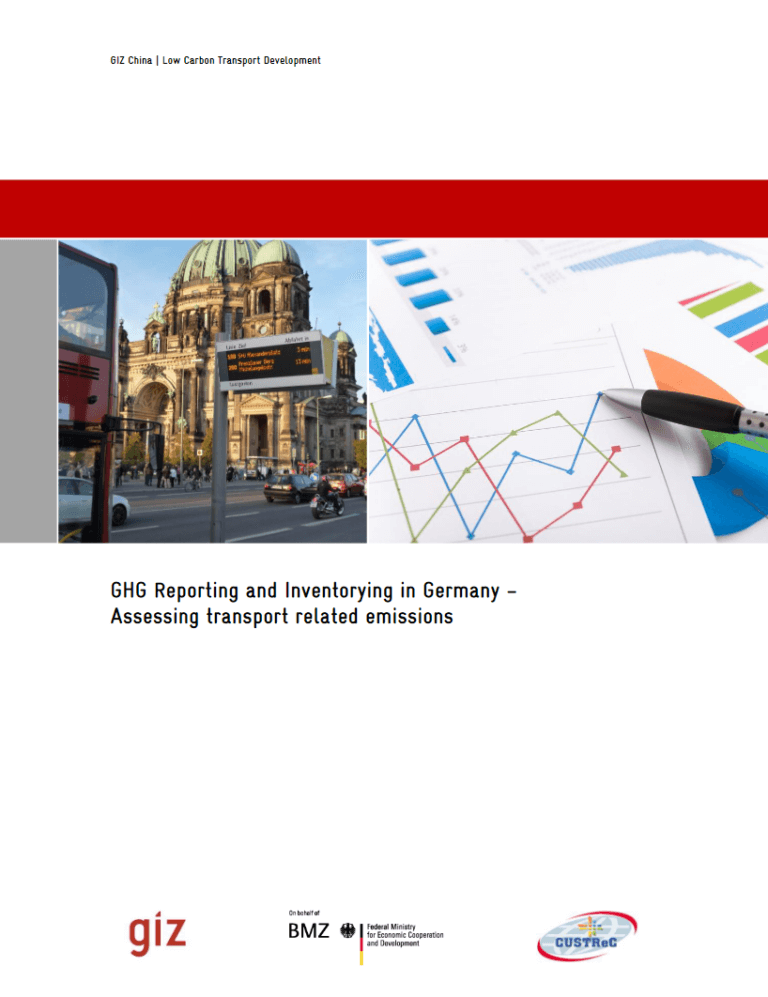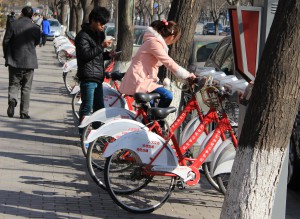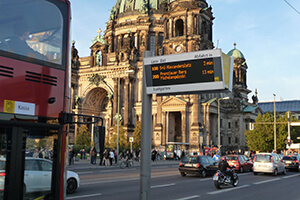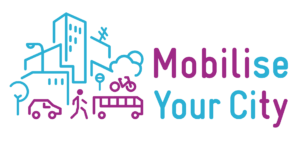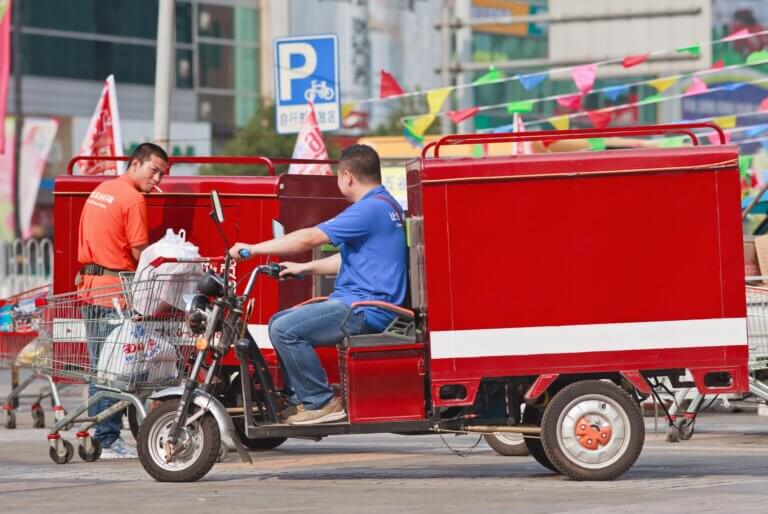
Comparative Study on Urban Logistics and Last Mile Delivery Processes in Germany and China
This study by the Bergische Universität Wuppertal (BUW) focusses on the comparison of the last mile delivery organisation and urban logistics in Berlin, Germany and Suzhou, China. It builds on two previous studies about the courier, express and parcels (CEP) markets in Germany and China. Furthermore, the study takes a look at Berlin’s and Suzhou’s city profiles in terms of economy, transport, and parcel delivery network. By comparing the cities’ structures and their approach to last mile deliveries, greenhouse gas emissions saving potentials for Berlin will be analysed and discussed.

